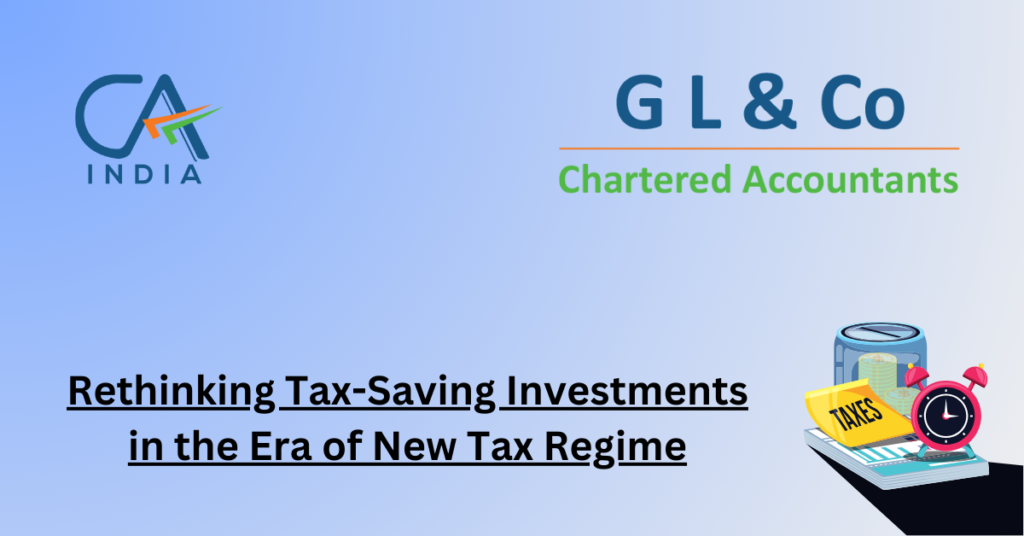In the wake of the new tax regime introduced by Finance Minister Nirmala Sitharaman, individuals face a crucial question: Should they continue investing in tax-saving instruments? While the new regime offers lower tax rates, it necessitates foregoing several deductions and rebates available under the old regime.
Opting for either the old or new tax regime each financial year has become a choice for individuals. However, the government’s progressive efforts to make the new regime more attractive hint at future developments.
Previously, under Section 80C, deductions from taxable income were available for investments like Provident Fund contributions, PPF, insurance premiums, ELSS, and NPS, with a maximum limit of ₹1,50,000.
Given the foregone tax benefits under the new regime, individuals must reassess investment decisions based on safety, liquidity, and returns. Let’s evaluate key investment avenues covered under Section 80C:
1. Provident Fund (PF): Mandatory contribution for salaried employees, PF contributions offer about 8% annual tax-exempt returns. Additional voluntary contributions can enhance returns, capped at ₹2.5 lakh yearly (mandatory plus voluntary contribution).
2. Public Provident Fund (PPF): With a government-backed 7.1% annual tax-exempt return, PPF remains a secure investment, extendable in blocks of 5 years.
3. Life Insurance Premium: Despite losing tax rebates under new regime, life insurance policies ensure financial security for loved ones, making them a viable choice.
4. ELSS/ELSS Funds: While ELSS has a lock-in period of 3 years, opting for the new tax regime may make other equity-oriented mutual funds more attractive.
5. Tax Saving FDs: With taxable interest, Tax Saving FDs lose appeal under the new regime.
6. National Pension Scheme (NPS): Offering potentially higher returns than PPF, NPS remains a suitable option for building a pension plan post-retirement.
7. National Savings Certificate: While safe, the interest from NSC is taxable, making it more suitable for individuals with lower tax liabilities.
In conclusion, despite changes in tax regimes, these investment avenues retain relevance, with individual decisions varying based on personal circumstances.


